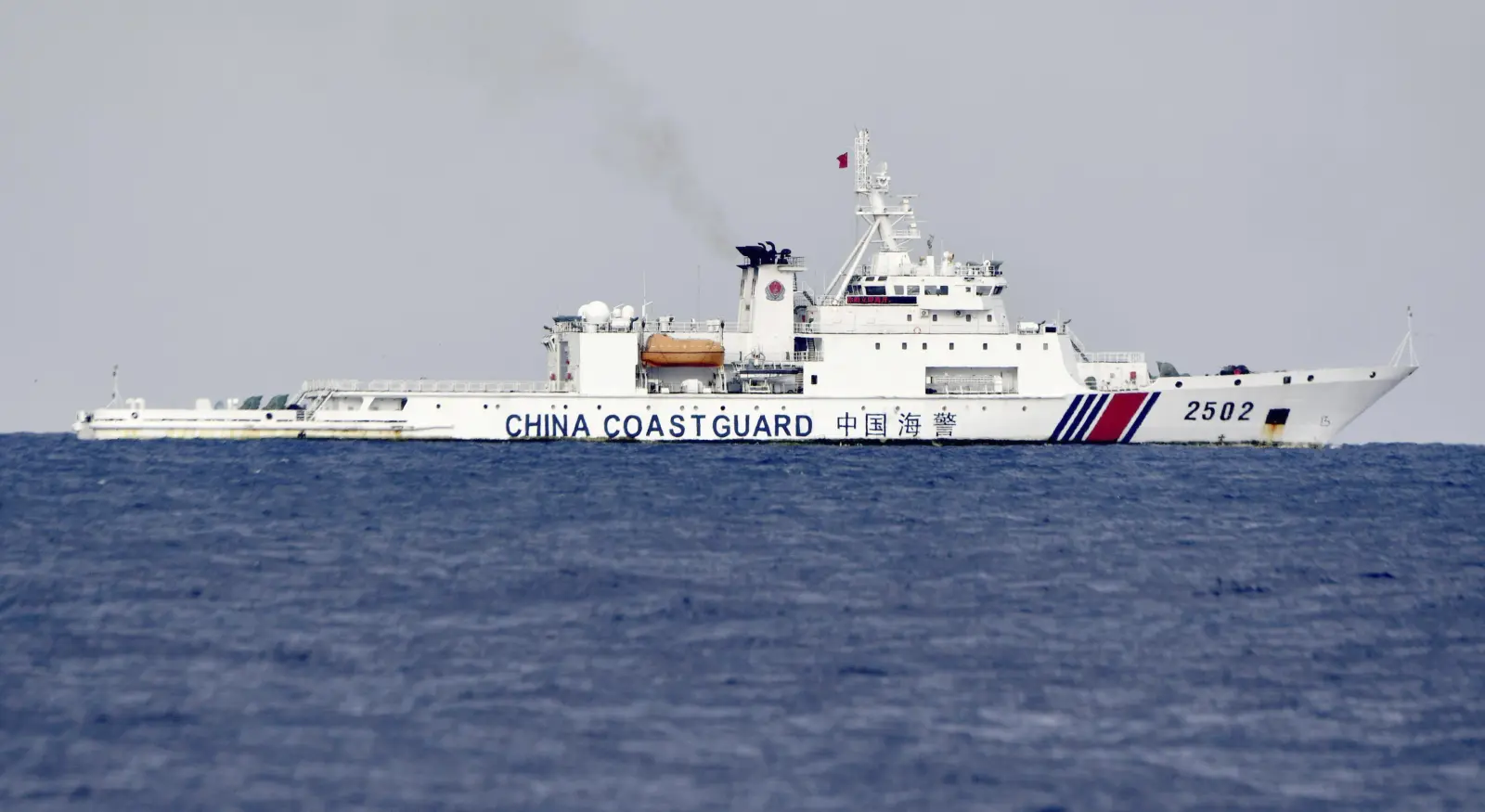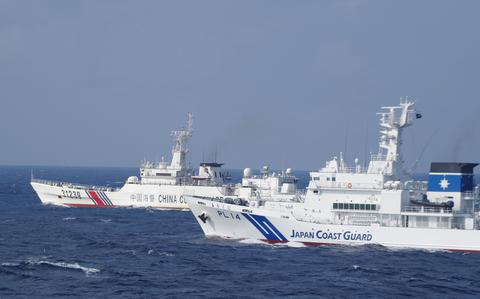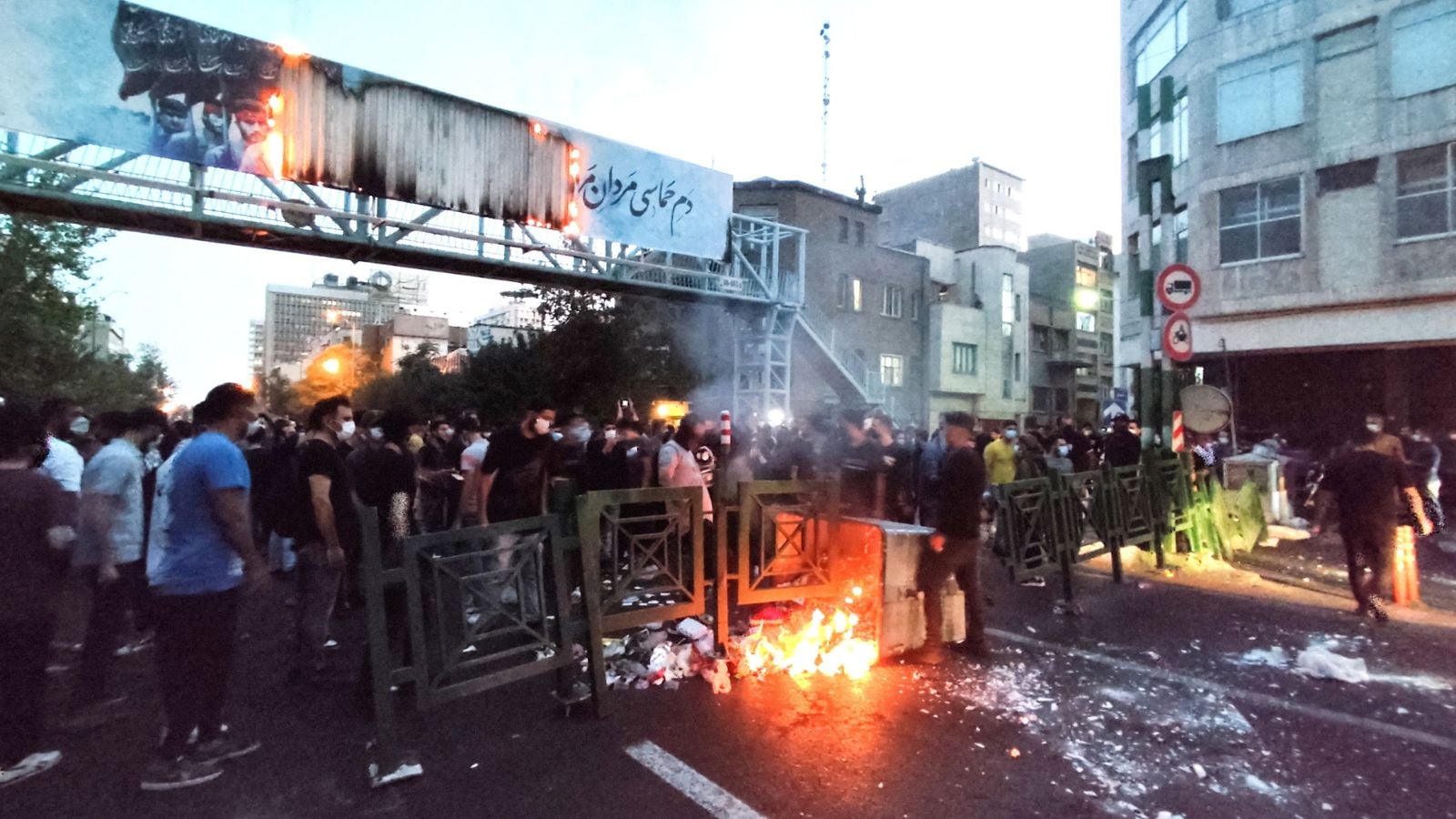Chinese coast guard ships extend tense Senkaku patrol streak

Security implications in the East China Sea
Japan is facing a new phase of tension in the East China Sea after Chinese coast guard vessels stayed near the disputed Senkaku Islands for a record run of consecutive days. Tokyo says the ships entered the “contiguous zone” just outside Japanese territorial waters for the 30th straight day, the longest streak since it began keeping such records. Japanese officials lodged a fresh protest with Beijing, accusing China of trying to normalize its presence around the tiny, uninhabited islands that are controlled by Japan but claimed by China as the Diaoyu. Analysts warn that the slow, repetitive pattern of incursions raises the risk of miscalculation between patrol ships and aircraft operating in close proximity.
Japan’s coast guard reported that four Chinese vessels, including at least one armed with an apparent deck-mounted cannon, were spotted near the islands early Sunday. They were monitored and repeatedly ordered to leave, officials said, though the ships eventually remained just outside Japan’s 12-nautical-mile territorial sea. China’s foreign ministry typically argues that such patrols are routine operations in what it calls its own waters, part of a broader push to reinforce its maritime claims in the region. The standoff comes as Japan deepens security cooperation with the United States and other partners, partly in response to what it sees as mounting pressure from China and North Korea.

US alliance and regional balance of power
Tokyo views the waters around the Senkakus as a critical test of its ability to defend its remote islands under new security laws that allow a more active military posture. Japan has been deploying more coast guard assets and upgrading its Self-Defense Forces in the southwest, including new radar stations and anti-ship missile units. Officials insist that coast guard management is meant to avoid escalation while still signaling that Japan will not tolerate what it calls unilateral attempts to change the status quo. But the line between law enforcement and military confrontation is thin in crowded seas where rival ships and aircraft frequently shadow each other.
The dispute also touches directly on the US-Japan security treaty, with Washington repeatedly affirming that the pact covers the Senkaku Islands because they are under Japanese administration. US officials have urged all sides to avoid intimidation and coercion, while also stepping up joint exercises with Japan in nearby waters. For China, steady patrols serve both domestic and diplomatic purposes, demonstrating resolve on sovereignty issues at a time of heightened nationalism at home. Regional neighbors are watching the pattern closely, seeing it as part of a wider contest over maritime rules, resources and strategic access in the Indo-Pacific. How long the current streak continues could signal Beijing’s appetite for sustained pressure in a dispute that shows no sign of fading.





















